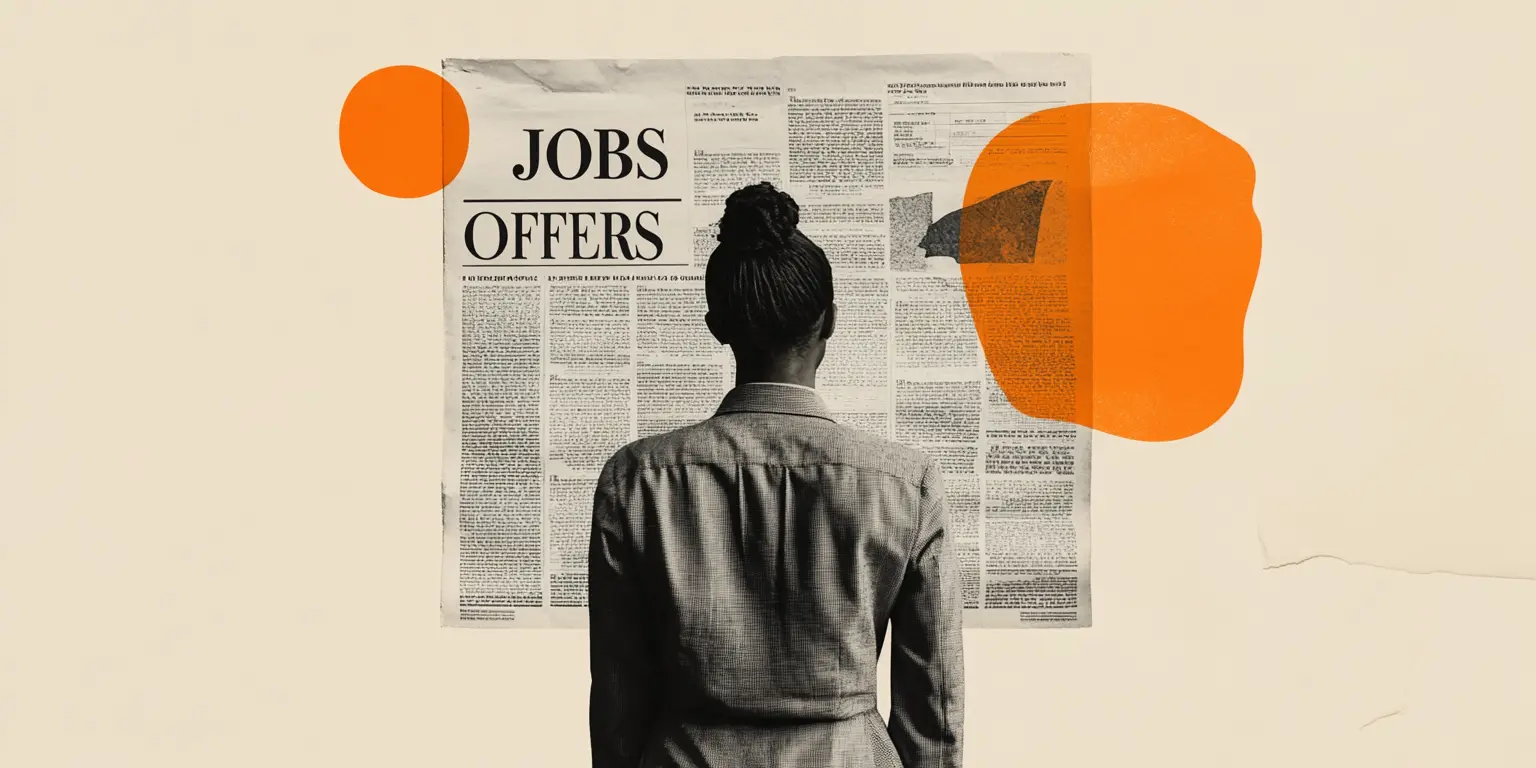In praise of trade

It’s hard to imagine that the transition to a Biden/Harris administration will introduce a kumbaya moment in American politics, when the political divide will narrow and the good of the country will be a mutually shared vision across party lines. Given that reality, it’s clear that Biden will have to pick his fights. One of those fights, however, seems to have been forfeited, already. Specifically, I’m referring to the tariffs that Trump imposed on China. By all reports, it appears that these tariffs will be maintained well into the new administration. I believe this is bad policy, and Biden shouldn’t allow it to stand.
To put the issue in perspective, we should start by appreciating that GDP is broadly composed of four discrete sectors: (1) consumer spending — representing about 68%, (2) business investment — about 17%, (3) government spending — about 18%, and (4) net exports (i.e., exports minus imports) — about -3%. The small, negative net export percentage obfuscates the fact that exports have generally accounted for around 12% of GDP in recent years, and imports have amounted about 15 percent.
Despite the seemingly small effect on the GDP from international transactions, when we combine imports and exports (as opposed to netting them), they represent something like one-quarter of our economy. This condition fosters somewhat of a perverse situation in that if we were able to wipe out all imports and all exports, the current 3% drag on GDP would disappear, but the impact of eliminating these transactions would sharply curtail employment and with it, disposable personal income. This loss of income would lead to a sharp reduction of both consumption and investment — the two largest components of GDP. In a very real sense, diminished trade means loss of jobs and lower income.
To the extent that there’s a debate about trade in the US, attention is particularly focused on China. Critics of China charge that it has restricted access to their domestic markets. China has also engineered an unfair price advantage, at our expense, by adhering to substandard practices with regard to human rights and environmental considerations. Champions of tariffs view them as necessary to force China to reform. Unfortunately, tariffs are the wrong remedy on both counts.
To the extent that these charges are legitimate, the policy initiative of choice should be to engage in a diplomatic effort to open those markets and to upgrade China’s behavior. Imposing tariffs does exactly the opposite. Moreover, it exacts a cost not only to China, but to ourselves, as well. As we’ve ready seen, tariffs foster retaliatory tariffs, and on it goes. Rather than advancing our interests, imposing tariffs shoots ourselves in the foot. Tariffs dampen overall trading activity and cost jobs and income for both sides of the trading relationship. It’s anything but a constructive path forward. Tariffs end up creating more problems than they solve.
Unquestionably, a further complaint levied against China is that it has been responsible for many of the job losses in recent years in American manufacturing. While that may be true — at least partially — it’s a mistake to respond with a protectionist policy to try to bring those jobs back. That’s a pipe dream. That protectionist sentiment reflects an effort to support a special interest group that operates with a proprietary orientation, to the detriment of broader American business and consumer interests. To the extent that individuals or companies affected by international competition warrant special consideration, that aid should come via some other means than the imposition of tariffs for all the same reasons offered above.
Biden had campaigned on standing up to special interest groups. He should take that stand here and now. It’s time to state clearly and unequivocally that the Trump policy of imposing tariffs on our trading partners is wrong-headed and counterproductive. It’s a policy that needs to be rescinded, and the sooner the better. The good news is that Trump instituted these tariffs by executive order, and Biden can eliminate them under the same authority. This action is one that Biden can affect in the first days of his presidency, and he should do so.
Author
_XtraSmall.jpg)
Ira Kawaller
Derivatives Litigation Services, LLC
Ira Kawaller is the principal and founder of Derivatives Litigation Services.

















